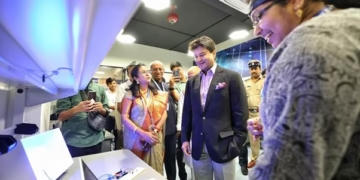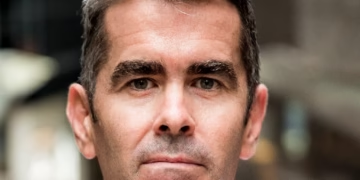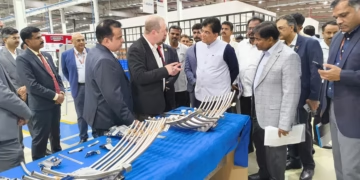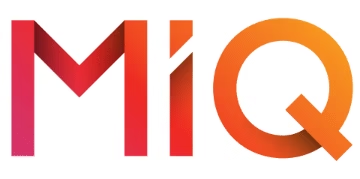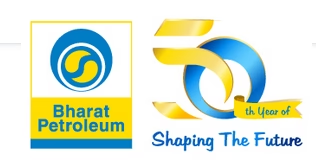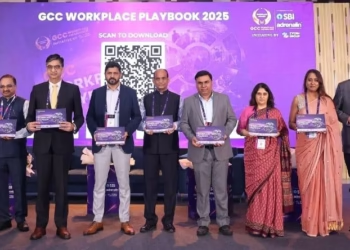- As a leader of the Platform for Accelerating the Circular Economy (PACE), Philips contributes to a special report measuring the progress made by the PACE Capital Equipment Coalition’s founding members.
- Philips is on track to fulfill its pledge that by 2020 it will take back and repurpose all the large medical systems equipment that its customers are prepared to return to it.
- Philips helps initiate a PACE project in Nigeria to create employment and sustainably manage the processing of e-waste.
-
Jan 24, 2019
As with any effective change process, you not only need to act, you also need to measure, which is why Philips has established a dedicated circular economy performance indicator as part of its Executive Committee dashboard.
Frans van Houten
CEO Royal Philips
Electronic Waste (e-waste)
In addition to creating circular economy solutions for capital equipment, Philips is also committed to addressing the recycling of e-waste. Each year, the global economy generates around 50 million tons of e-waste, yet only around 20% is currently recycled.
Through leadership of PACE and with the involvement of the GEF, UN Environment, the Nigerian government, DELL, HP and Microsoft, Philips has been instrumental in establishing a 2-million US dollar public-private partnership project to initiate a circular e-waste system in Nigeria. The country processes around 500,000 tons of e-waste annually, and after the recovery of serviceable items that can be sold in local markets or easily recoverable materials such as metal and plastic components, much of the remainder is disposed of in landfill sites. The new e-waste project, which was announced today during a Press Conference at the WEF Annual Meeting, is expected to leverage an additional 13 million dollars in co-financing from the private sector, with the initial GEF funding allowing the Nigerian government to build the required skills, tools and governance structures for e-waste management, and pilot new e-waste collection and recycling programs.











